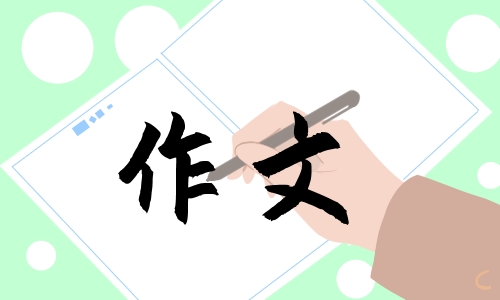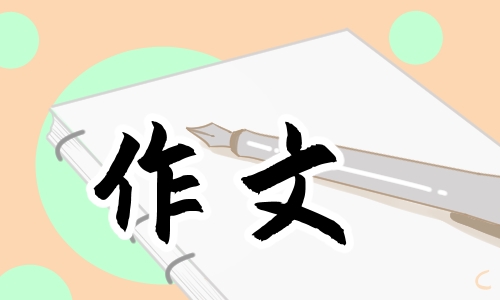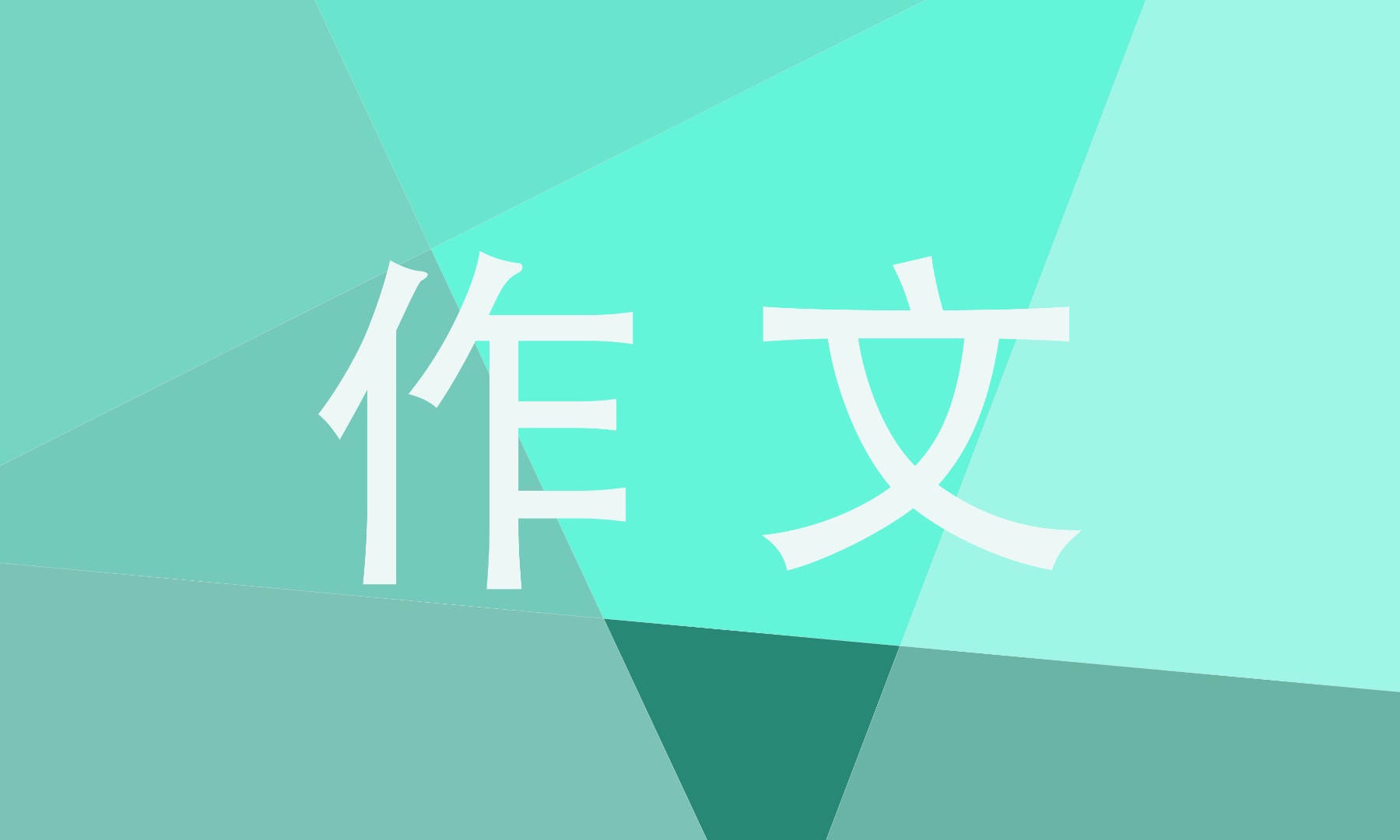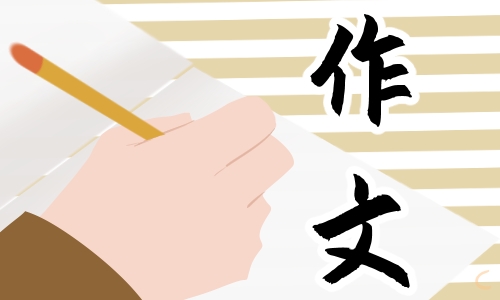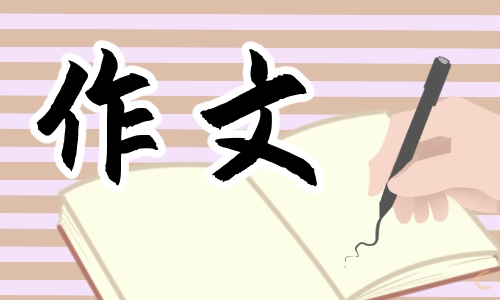好好努力,相信你一定能取得自己满意的成绩,那么关于六年级下册英语期中试卷怎么做呢?以下是小编准备的一些六年级下册英语期中试卷,仅供参考。

小学六年级英语试题
一、找出不同的一项。
( )1. A. hamburger B. cola C. juice
( )2. A. dollar B. cent C.duck
( )3. A. his B. him C. us
( )4. A. sunny B. balloonCwarm
( )5. A. shining B. raining C. everything
二.根据首字母写单词补全句子。
1.E________ your meal!
2.He is playing the suona,but the dog starts to bark very l________ .
3.She is watching TV,but the b________rings
4.What a m___________! Who can help me ?
5. This book is ten d________.
6. Be c________! The orange is falling.
三.介词填空。请把正确答案的序号填在横线上。
1. The birds are flying______ the sky.
2. The ducks are swimming _______ the pond.
3. She’s buying things______ your birthday.
4. I wake up ______ my dream
5. Some pigs are sleeping_______ a tree.
6. Daming gave his cola_______ Amy.
四、单项选择。
( )1.——How much is a hamburger ? ——__________.
A. Two B. Three dollars C. Four hot dogs
( )2. ——______ bananas do you want ? —— Ten , please .
A. How much B. Hoany
( )3. He’s crossing the street, _____a car comes
A. and B. or C. but
( )4.Daming stops and everyone_____.
A. wait B. to wait C. waits
( )5. Look! The ducks are_______. Give them some bread, please.
A. cold B. thirstyC. hungry
( )6. This book _______ interesting.
A. look B. looks C. looking
( )7. It ______in Shanghai tomorrow.
A. is sunnyB. will sunny C. will be sunny
( )8.The apples are falling _______ the stairs.
A. down B. ofC. in
( )9.Daming is playing_____ suona, but Sam is playing ___table tennis.
A. /; theB. a; a C.the, /
( )10. There is ___old woman under the tree. He is ___ the ducks in the water.
A. an; looking at B. a; look at C .an; looks
五、选择合适的答语。请把正确答案写在题前括号里。
()1.What do you want to drink?A. She’ s at the supermarket.
()2. What’s the weather like today?B. No, they aren’t.
()3. Are they walking over there? C. By plane
()4. Where is your mother? D. Three colas,please.
()5. How did you get there?F. It’s raining
六、连词成句。
1. is, exercise, but, gets, she, doing, too, it, hot (, .)
2.for, Daming, playing, the, is, third, suona, time, the
3.falling, stairs, the, the, apples, down, are.
4.very, a, on, I, interesting, had, Saturday, day.
5.are, some, dark, there, clouds, sky, in, the
七、阅读短文,根据短文内容选择正确的答案。
It is on Sunday morning. The sun is shining. We have no classes. We are playing in the park. Some girls are singing and dancing under a big tree. Some boys are climbing the hill. Tom is drawing by the lake. Mike and John are swimming in the lake. Where are Betty and Mary? They are sitting under a small tree. They are reading a picture book. We are very happy.
()1.What’s the weather like today?
A. It’s Sunday. B. It’s fine. C. It’s raining.
()2.Where are they playing?
A. In the park. B. On the hill. C. In the lake.
()3.Who is climbing the hill?
A. Some girls. B. Some boys. C. Some teachers.
()4.Where are Betty and Mary?
A. They are on the tree. B. They are under the tree.
C. They are in the lake.
()5.What are Betty and Mary doing?
A. They are reading a picture book. B. They are dancing.
C. They are playing.
八、书写能力展示。
同学们,下面是本周末的计划安排,请根据提供的信息写一篇短文。要求:不少于5句话,字迹工整,语句通顺,时态准确。
My plan for the weekend
Name: Li Wen Place: Dalian
Saturday (sunny): go to the park
Sunday (rain): play chess a home
My plan for the weekend
小学六年级英语试题参考答案
一、
1.A2.C3.A4.B5.C
二、
Enjoy loudly bell mess dollars careful
三、
1.B 2.F 3.A 4.C 5.D 6.E
四、
1.B2.C3.C4.C5.C6.B7.C8.A9.C10.A
五、
1.D2.F3.B 4.A 5.C
六、
1.She is doing exercise, but it gets too hot.
2.Daming is playing the suona for the third time.
3.The apples are falling down the stairs.
4.I had a very interesting day on Saturday.
5.There are some dark clouds in the sky.
七、1.B2.A3.B4.B5.A
八、略
六年级下册英语知识点
第一单元
一、 单词
young— younger更年轻的 old -older更年长的 tall- taller更高的
short-shorter更矮的 long-longer更长的 thin-thinner更瘦的heavy-heavier更重的 big-bigger更大的 small -smaller更小的
strong -stronger更强壮的
二、句子
1. That's the tallest dinosaur in this hall. 那是这个厅里最高的恐龙。
2. You're older than me.你比我大。
3. How tall are you? 你有多高? I'm 1.65 meters.我身高1.65米。
4. What size are your shoes?你穿多大号的鞋。
5. My shoes are size37.我穿37号的鞋。
6. Your feet are bigger than mine.你的脚比我的大。
7. How heavy are you?你有多重?
8. I'm 48 kilograms.我体重48公斤。
三、语法复习要点
形容词的比较级
1、形容词比较级在句子中的运用:两个事物或人的比较用比较级,比较级后面一般带有单词than。than后的人称代词用主格(口语中可用宾格)。
2.形容词加er的规则:
⑴一般在词尾加er ;
⑵以字母e 结尾,加r ;nice---nicer
⑶以一个元音字母和一个辅音字母结尾,应双写末尾的辅音字母,再加er ;big--- bigger thin---- thinner
⑷以“辅音字母+y”结尾,先把y变i,再加er 。heavy----heavier
3.不规则形容词比较级: good/well-better
例句:(1).It's taller than both of us together.它比我俩加起来还高。
(2).Your feet are bigger than mine.你的脚比我的大。
(3).I’m heavier than you.我比你重。
第二单元
一、单词
clean打扫 -- cleaned(clean 的过去式)打扫
stay停留 -- stayed (stay的过去式)停留
wash洗—— washed 洗 watch看 ——watched看 have患病 ——had 患病
sleep 睡觉——slept睡觉 read读 ——read 读 see 看见——saw看见 last 上一个的 yesterday 昨天 before在…之前
二、短语
clean my room 打扫我的房间 wash my clothes 洗衣服 stay at home 呆在家里 watch TV 看电视 go boating 划船 read a book 读书 see a film 看电影 have a cold 感冒 sleep 睡觉(过去式slept)
climb a mountain 爬山 cooked dinner做饭 cook noodles 面条
三、句子
1. How was your weekend?你周末过得怎么样?
2. It was good/fine/ok,thank you.很好,谢谢!
3. What did you do last weekend?你上个周末干了什么?
4.I stayed at home with your grandma.我和你奶奶呆在家里.(with和谁)
5. Did you do anything else?你还做了其他什么事吗?
6. Yes,I cleaned my room and washed my clothes.是的,我扫了房间,还洗了衣服。
7.I want to buy the new film magazine.我想买期新的电影杂志。
8.Did you see a film?你看电影了吗?
No,I didn’t .I had a cold. I stayed at home all weekend and slept.没有,我感冒了。整个周末都呆在家里睡觉。(肯定回答Yes,I did.)
四、 语法知识:
一般过去时
1.一般过去时表示过去某个时间发生的动作或存在的状态,常和表示过去的时间状语连用。一般过去时也表示过去经常或反复发生的动作感谢。
2.Be动词在一般过去时中的变化:
⑴am 和is在一般过去时中变为was。(was not=wasn’t)
⑵are在一般过去时中变为were。(were not=weren’t)
⑶带有was或were的句子,其否定、疑问的变化和is, am, are一样,即否定句在was或were后加not,一般疑问句把was或were调到句首。
3.句中没有be动词的一般过去时的句子
(1) 否定句:didn’t +动词原形,如:Jim didn’t go home yesterday.
(2)一般疑问句:在句首加did,句子中的动词过去式变回原形。
如:Did Jim go home yesterday?
(3)特殊疑问句:疑问词+did+主语+动词原形?
如:What did you do yesterday? I read a book.
第三单元
一、单词(用的过去式)
go 去——went去 fish 钓鱼 ride骑-- rode 骑 hurt受伤-- hurt 受伤
eat 吃--ate 吃 take—took buy买-- bought
go camping 野营--went camping 野营 go fishing 去钓鱼--went fishing 去钓鱼
take pictures照相-- took pictures 照相 buy gifts 买礼物-- bought gifts 买礼物
二、短语
ride a horse 骑马 -- rode a horse 骑马
ride a bike骑自行车-- rode a bike 骑自行车
hurt my foot——hurt my foot 我的脚受伤
eat fresh food--ate fresh food 吃新鲜食物 far from 远离 look like 看起来像
三、句子
1.What happened?怎么了?
2.Are you right?你还好吧?
3.I'm OK now.我现在没事了。
4.Where did you go yesterday?昨天你去哪儿了?I went to a park.我去公园了。
5.It looks like a mule.它看起来像头骡子。
6.Did you go to Turpan? Yes,we did.你们去吐鲁番了吗?是的,去了。
7.How did you go there?你们怎么去的?
8.We went there by plane. 我们做飞机去。
9.Sounds great.听上去不错。
四、语法知识:
动词过去式变化规则:
1.一般在动词末尾加-ed,如:clean-cleaned, cook-cooked ,stay-stayed,
2.结尾是e加d,如:live-lived,like-liked
3.末尾只有一个元音字母和一个辅音字母的重读闭音节,应双写末尾的辅音字母,再加-ed,如:stop-stopped,
4.以“辅音字母+y”结尾的,变y为i, 再加-ed,如:study-studied cry-cried
5.不规则动词过去式:
read--read, hurt--hurt, am/is--was, are--were, do--did, see--saw,
sleep--slept, buy--bought, get--got, go--went, have--had, eat--ate,
take--took, run--ran, sing--sang, make--made, drink--drank, ride--rode,come--came, give--gave
第四单元
一、 单词
dining hall 饭厅grass草坪 gym 体育馆ago 以前cycling 骑自行车运动go cycling去骑自行车 ice-skate滑冰 badminton羽毛球运动
二、短语
…years ago (几)年前 …months ago(几个)月前 last year 去年 last month上个月 play badminton 打羽毛球
三、句子
1.There was no library in my old school.我以前的学校里没有图书馆。
2.Tell us about your school, please.请给我们讲讲您的学校吧!
3.How do you know that?你是怎么知道的?
4.There was no computer or Internet in my time.我那时候没有电脑也没有网络。
5.Before,I was quiet. Now I am very active in class.我以前很安静。现在我在课堂上很活跃。
6.I was short, so I couldn't ride my bike well.我以前个子小,自行车骑得不好。
7.Now I go cycling every day.现在我天天骑车。
四、作文: Last weekend
I was busy last weekend. Saturday morning , I did my homework . Then, I visited my grandparents. In the afternoon, I went swimming with my friends. Sunday morning, my parents and I went to a park. We went boating and flew kites. It was a happy weekend.
六年级英语知识点
一、一般将来时
表示将要打算发生的事情或动作,常与tomorrow, next week(year; Tuesday…), this week( weekend ;evening; afternoon;…)today等词连用。结构是主语+be(am, is, are) going to + 动原或主语+will +动原。
如:What are you going to do tomorrow? I am going to have a picnic.你明天要去干嘛?我要去野餐。
The childre are going to have a sports meeting next week.孩子们下个星期将参加运动会。
Tom will/is going to see a play with his father this 今晚将和父母去看演出。
问句将be动词或will移前;否定句在be动词或will后加not.
二、 情态动词can; can’t; should; shouldn’t; must; may后一定加动词原形。
如:The girl can’t swim, but he can skate.女孩不会游泳,但是会滑冰
Don’t talk in class, you should listen to the teacher carefully.不要再课上说话,你应该认真听老师讲。
三、祈使句肯定祈使句以动词原形开头;否定祈使句以don’t加动词原形开头。
如:Open the box for me ,please.请为我打开盒子。
Liu Tao! Please get up earlier tomorrow.刘涛,明天请早点起床
!Don’t walk on the grass!不要在草地上走!
Helen! Don’t climb the tree,please.海伦!不要爬树。
上一篇:天津六年级下册英语期末试卷及答案

